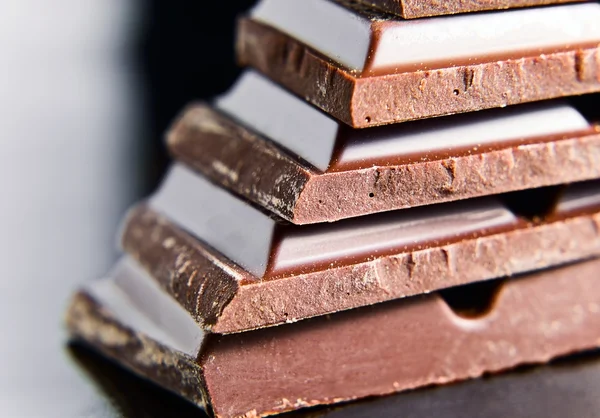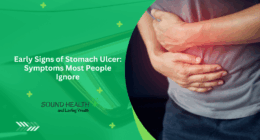Good news for chocolate lovers as study hints dark chocolate may lower hypertension risk! A recent study published in Scientific Reports suggests that indulging in dark chocolate might help ward off high blood pressure, specifically essential hypertension. This type of high blood pressure has no clear underlying cause and affects millions worldwide.
Cardiovascular diseases, including high blood pressure, are the leading causes of death and disability globally. Identifying ways to prevent or manage these conditions is crucial. Some previous studies hinted at dark chocolate’s potential benefits for heart health, but evidence needed strengthening.
What Is Dark Chocolate?
Dark chocolate is a type of chocolate with a high cocoa content, typically 70% or higher. It’s known for its rich, deep flavor and potential health benefits. Here’s a look at the key nutrients found in dark chocolate:
Macronutrients:
- Calories: 576 calories per 100g (3.5oz) bar.
- Fat: 43.4g per 100g, mostly monounsaturated and saturated fats. Monounsaturated fats are considered “good” fats that can help lower your risk of heart disease.
- Carbohydrates: 31.7g per 100g, including 9.7g of fiber. Fiber is important for digestive health and can help you feel full.
- Protein: 7.6g per 100g. Protein is essential for building and repairing tissues.
Micronutrients:
- Minerals: Dark chocolate is a good source of magnesium, phosphorus, iron, potassium, and copper. These minerals are essential for various bodily functions, such as muscle function, bone health, and blood pressure regulation.
- Vitamins: Dark chocolate contains small amounts of vitamins A, B1, B2, B3, B5, B6, folate, E, and K1. These vitamins are important for overall health and well-being.
The Study
Researchers used a statistical technique called Mendelian randomization to investigate the link between dark chocolate intake and various cardiovascular diseases. This method leverages genetic variations linked to dark chocolate consumption to assess its potential effects on health outcomes.
Key Findings:
- The study suggests a significantly reduced risk of essential hypertension with increased dark chocolate intake.
- A potential link between dark chocolate and lower risk of venous thromboembolism was also observed, though less conclusive.
- No significant associations were found between dark chocolate and other cardiovascular diseases examined, including heart failure and stroke.
Why dark chocolate might help is because dark chocolate is rich in flavanols, antioxidants with proven benefits for vascular health. These flavanols may improve blood vessel function, prevent blood clotting, and exert anti-inflammatory effects.
The Takeaway
While this study adds promising evidence to the link between dark chocolate and lowered hypertension risk, it’s important to remember limitations:
- The study focused on essential hypertension, not secondary causes linked to other medical conditions.
- More research is needed to confirm the cause-and-effect relationship for both hypertension and other cardiovascular diseases.
- Moderation is key! Dark chocolate is still calorie-rich, so enjoy it in small amounts as part of a balanced diet.
While not a magic bullet, this study adds a promising chapter to the story of dark chocolate and its potential role in a heart-healthy lifestyle, especially for those at risk of essential hypertension. Remember, consult your doctor before making significant dietary changes, and enjoy your dark chocolate squares with a healthy dose of caution and a dash of excitement about the sweet science behind this delicious treat. Study source
ALSO READ: What causes thirst at night and does it mean dehydration?









